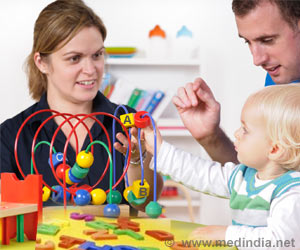When teens help someone they don't know, they feel good about themselves which in turn leads to a boost in self-esteem and confidence levels.

‘Teens who exhibited pro-social behavior towards strangers and helped them had an increase in levels of self-esteem, unlike the teens who did not exhibit pro-social behavior towards strangers but only towards their friends and family.’





"This study helps us to understand that young people who help those with whom they do not have a relationship report feeling better about themselves over time," said study co-author Laura Padilla-Walker, Professor at Brigham Young University in the US. "Given the importance of self-esteem during the teen years, this is an important finding. It suggests there might be something about helping strangers that impacts one's moral identity or perceptions of self in a more significant way than helping friends or family members, although these are beneficial behaviours as well," Padilla-Walker said.
In the study, researchers looked at 681 adolescents, 11-14 years old, in two US cities.
The participants responded to 10 statements such as "I feel useless at times" or "I am satisfied with myself" to assess self-esteem.
"Not all helping is created equal, and we're finding that pro-social behaviour toward strangers is protective in a variety of ways that is unique from other types of helping," Padilla-Walker said.
Advertisement
Advertisement









